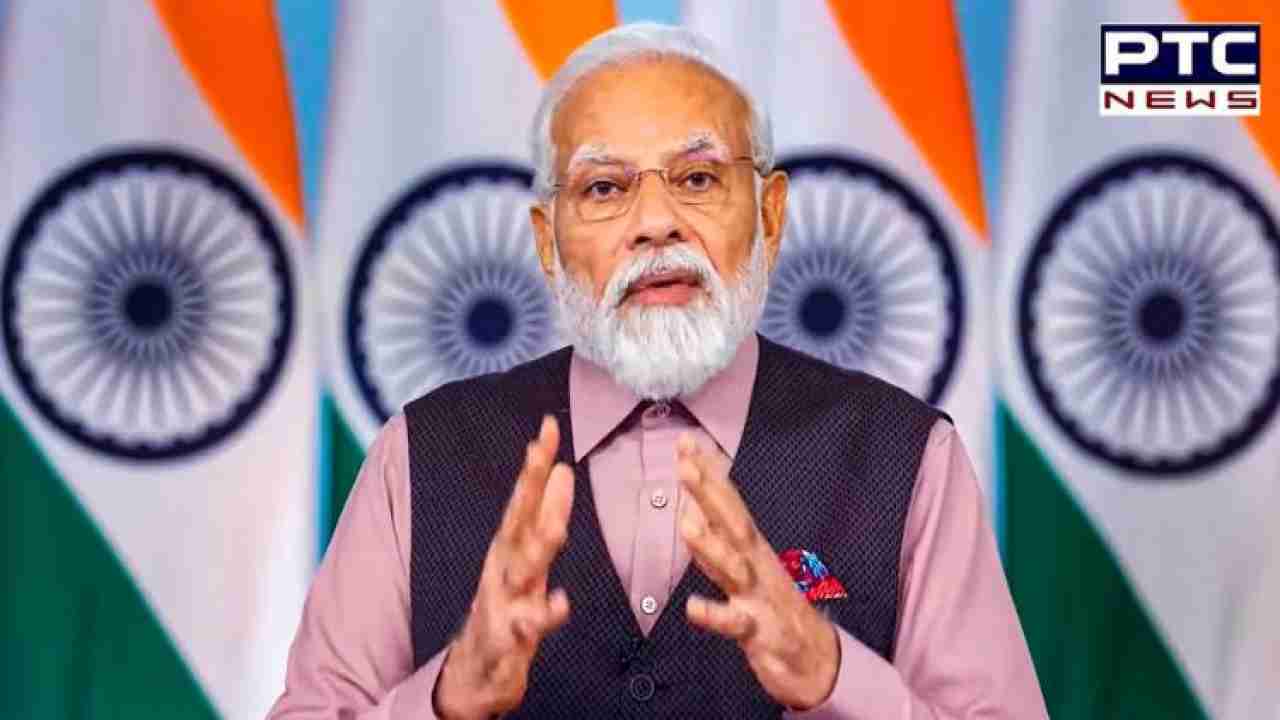

Zero-tolerance against corruption, it diminishes people's quality of life: PM Modi at G20 meet
PTC News Desk: Prime Minister Narendra Modi virtually addressed the G20 Anti-Corruption Ministerial Meeting in Kolkata on Saturday, stressing that India has a strict zero-tolerance policy for corruption.
"India has a strict policy of zero tolerance against corruption," PM Modi remarked, emphasizing that India is embracing technology and e-governance to establish a transparent and accountable ecosystem.
PM Modi also referenced to Tagore's writings and warned against greed, which keeps us from realizing the truth. He also mentioned the ancient Indian Upanishads, which strive for 'Ma Gridha,' which translates to "let there be no greed."
PM Modi went on to say that the poor and marginalized bear the brunt of corruption's toll.
"It has an impact on resource utilization, distorts markets, has an impact on service delivery, and ultimately reduces people's quality of life," he added.
Referring to Kautilya in the Arthashastra, Modi stated that it is the government's responsibility to maximize the welfare of its people.
"The need to combat corruption to achieve this goal and said that it is the sacred duty of the government towards its people," he added.
He also stated that loopholes and gaps in welfare schemes and government initiatives are being addressed.
"Hundreds of millions of Indians have received direct benefit transfers into their bank accounts totalling more than 360 billion dollars, assisting in the saving of over 33 billion dollars," he added.
"Our government e-Marketplace, or GeM portal, has brought increased openness in government procurement," he continued.
In response to the passage of the Economic Offenders Act in 2018, PM Modi stated that the government is strongly pursuing economic offenders and has recovered assets worth more than 1.8 billion dollars from economic offenders and fugitives.
He also discussed the Prevention of Money Laundering Act (PMLA), which has assisted in the attachment of assets worth more than USD 12 billion since 2014.
- With inputs from agencies
